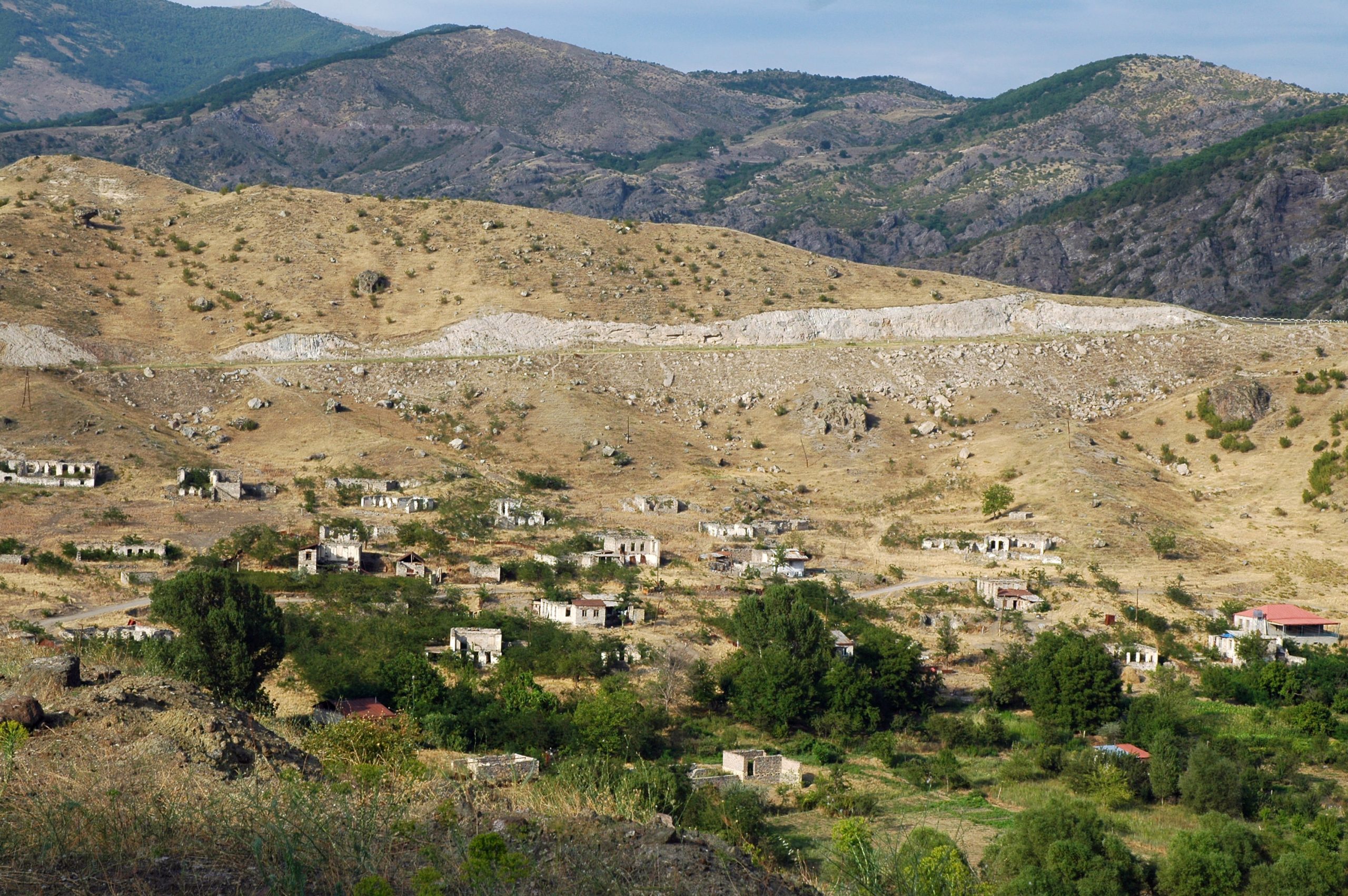Zhala Bayramova, Founder of the Azerbaijan Under Legal Criticism platform
The government of Azerbaijan used the recent territorial war between Armenia and Azerbaijan to further crack down on human rights and civil liberties.
Zhala Bayramova, Founder of the Azerbaijan Under Legal Criticism platform
The second Karabakh war between Armenia and Azerbaijan over the disputed territory of Nagorno-Karabakh started on 27 September 2020 and lasted 44 days. During that time, the government of Azerbaijan derogated from a number of non-absolute rights using the war as an excuse to further restrict already limited civil liberties.
Internet Access Restrictions
At the beginning of the war, the Azerbaijani government restricted internet access in the country, citing a need to prevent large-scale provocations and cyber incidents.
Bakinternet, a state-owned internet provider, completely cut access to the internet; other internet providers cut access to social networks, and to a number of foreign and local websites, such as local bank mobile apps, or remote education programs. People did not only suffer financially but also lost their right to receive information from independent media sources other than the government’s channels.
Martial law, which was invoked during the conflict, allows censorship on the internet, not the prohibition of access to the internet. Censorship allows the government to conduct surveillance to prevent the illegal dissemination of information constituting a state secret. Additionally, martial law allows censorship (surveillance) of the internet and social networks, but it does not prohibit access to them altogether.
The government’s practice of prohibiting access to social networks constitutes a violation of the right to freedom of expression.
Preventing independent journalists from doing their work
Independent journalists from Meydan TV and Azadliq.org were denied access to the frontline and were cited as special regulations adopted by the Ministry of Defense.
According to the Rules on Accreditation of journalists in the frontline zone and coordination of business trips to the frontline zone, journalists can only work in the war zone if the head of a media outlet fills out a special application with the Ministry of Defense.
In accordance with this requirement, the journalists applied for accreditation, but their application was returned with no response, which meant no denial nor acceptance from the Ministry of Defense. In contrast, pro-governmental journalists were granted access to the frontline. The uneven treatment of journalists meant that independent journalists were not able to broadcast from the frontline.
According to the World Press Freedom Index, Azerbaijan does not have freedom of the press. Independent journalists are harassed and repressed for their work, and the war-time restrictions only exacerbated the free media crisis.
Harassment of anti-war activists
Many anti-war activists around the world signed the Caucasus Talks’ peace statement to demonstrate their intention to stop the war. Following the publication of a petition, which was signed by hundreds of Azerbaijanis Caucasus Talks’ website was banned in Azerbaijan. Anti-war activists who live in Baku received threatening calls, insults, and threats on social media.
The police arrested and threatened peace activists, in violation of the Azerbaijan criminal procedure, which states that there must be an investigation in cases of suspicion of criminal acts committed on social networks. Giyas Ibrahim and Latif Mammadov were among those detained by the police due to their anti-war posts. Many others were threatened by the police officers on multiple occasions. Such measures create a chilling effect, discouraging others from raising their dissenting voices.
Conclusion
The government of Azerbaijan has deliberately violated the rights of journalists, activists, and ordinary people in its crackdown during the Armenia-Azerbaijan conflict. It far exceeded the “extent strictly required by the exigencies” of the situation.
Despite citing the war as the reason for additional restrictions, the government of Azerbaijan must bear in mind that the state should make every effort to safeguard a democratic society’s values, such as pluralism and tolerance.
Forty-four days of war clearly exhibited that the Azerbaijani government violated the rights of its citizens to further tighten the screws on human rights and civil liberties.

